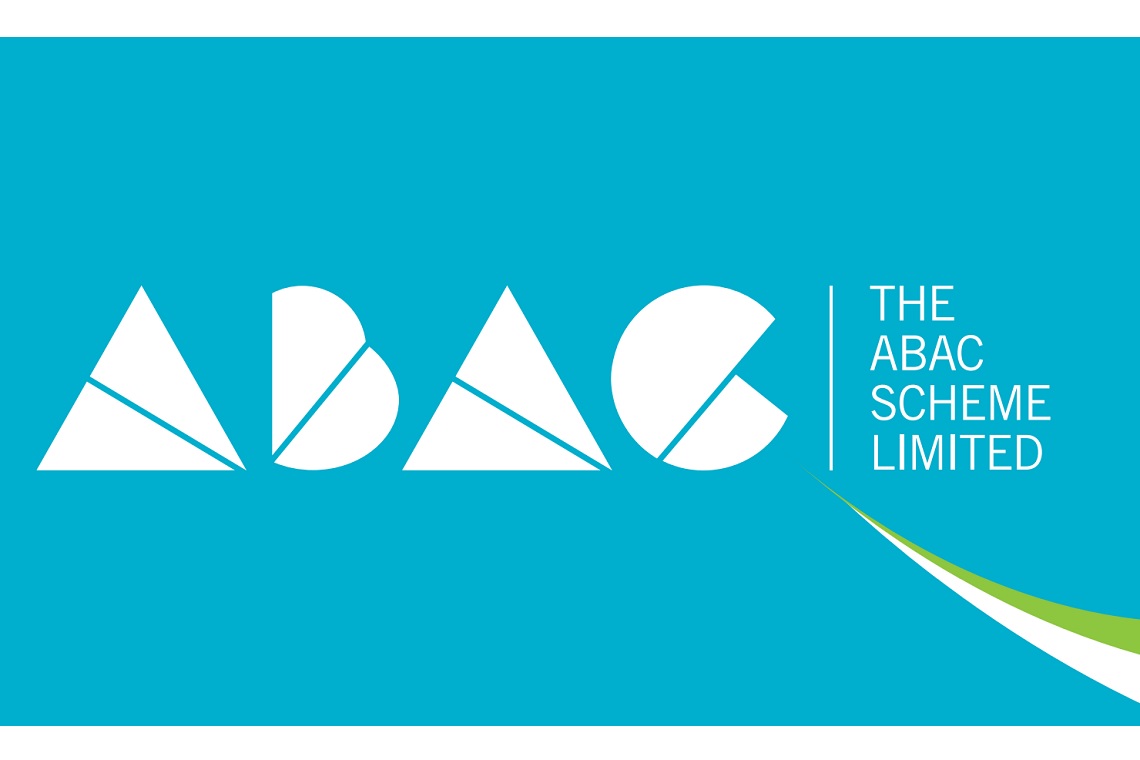Yesterday marked the 20th anniversary of Australia’s Alcohol Beverages Advertising Code (ABAC), recognised as world-leading high standards for responsible alcohol marketing and packaging.
The code has continuously evolved and expanded since it was introduced on 1 July 1998 and Independent Chair, Harry Jenkins AO, said the code has come a long way as it keeps pace with emerging communications and marketing trends.
“Change has been a constant for ABAC since its inception, with its rules, standards and operations improving almost year-on-year. New and ever-emerging issues and trends around social, online and digital media keep the Code on its toes,” Jenkins said.
“It is impressive how, through the Code, advertisers have demonstrated their willingness to be ahead of the curve in adopting responsible marketing, often ahead of community standards. It reflects a mature approach by the alcohol industry that acknowledges its place and responsibility in society and responds accordingly.
“This proactive approach to the changing landscape of marketing in Australia means the Code works. Community research to benchmark standards in line with public and government expectations, is vital. Social research by Colmar Brunton over a number years demonstrates ABAC’s rulings are generally more conservative than public opinion.
“ABAC has been exceptionally fortunate to have former Federal Attorney-General, Prof. Michael Lavarch AO, chair ABAC’s Independent Adjudication Panel since it began two decades ago.
“Michael and his team’s meticulous attention to detail, deep consideration of complaints and steadfast adherence to the letter and intent of the Code is, in no small way, what has made ABAC so successful and internationally renowned.
“Through this continuity and thorough knowledge of the issues underpinning responsible alcohol marketing, the Panel has identified and driven new areas for ABAC to consider and review.”
Professor Lavarch added that the independence of the complaints process and the ability of the Code’s management to be able to adapt to changing marketing trends have helped drive ABAC’s success.
“Over the Adjudication Panel’s operation, the independence of the complaints process has always been completely respected and decisions supported even when the result wasn’t agreed with by a major alcohol company,” Professor Lavarch said.
“The Scheme’s Management Committee has been willing to respond to suggestions from the Panel on improving the Code and the Scheme’s procedures and this has meant the complaints process has kept up to date with changes in technology and marketing practices.”

